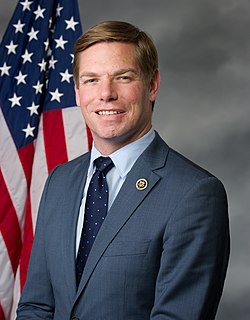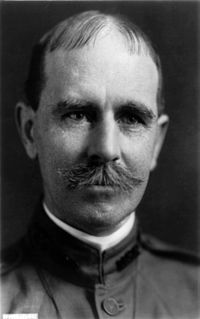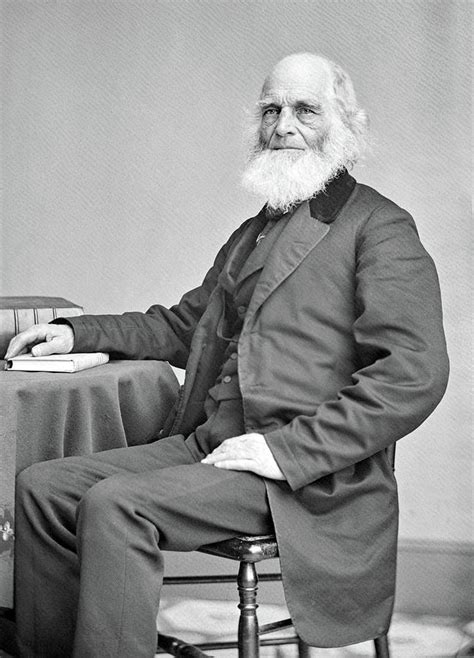A Quote by Ilana Mercer
One’s life, liberty and the products of one’s labor were not intended to be up for grabs by grubby, greedy majorities. Contra classical natural law theory, legal positivism equates justice with the law of the state. However, from the fact that most Americans want others to fund or subsidize their health care, it does not follow that they have such a right. A need is not a right.
Related Quotes
Law is justice. And it is under the law of justice - under the reign of right; under the influence of liberty, safety, stability, and responsibility - that every person will attain his real worth and the true dignity of his being. It is only under this law of justice that mankind will achieve - slowly, no doubt, but certainly - God's design for the orderly and peaceful progress of humanity.
In war, in some sense, lies the very genius of law. It is law creative and active; it is the first principle of the law. What is human warfare but just this, - an effort to make the laws of God and nature take sides with one party. Men make an arbitrary code, and, because it is not right, they try to make it prevail by might. The moral law does not want any champion. Its asserters do not go to war. It was never infringed with impunity. It is inconsistent to decry war and maintain law, for if there were no need of war there would be no need of law.
Obama's attitude toward the rule of law is apparent in the words he used to describe what he is looking for in a nominee to replace Justice David Souter. He wants 'someone who understands justice is not just about some abstract legal theory,' he said, but someone who has 'empathy.' In other words, judges should decide cases so that the right people win, not according to the rule of law.
Among the natural rights of the colonists are these: first, a right to life; second, to liberty; third, to property; together with the right to support and defend them in the best manner they can. These are evident branches of ... the duty of self-preservation, commonly called the first law of nature. All men have a right to remain in a state of nature as long as they please; and in case of intolerable oppression, civil or religious, to leave the society they belong to, and ernter into another.... Now what liberty can there be where property is taken away without consent?
When I was at Notre Dame studying under Joe Evans, Frank O'Malley, and others, there was a very lively debate about the distinction between natural law and revealed truth. Most of the philosophers of church and state expected that what was going to be advocated as the law of the land would be related to natural law. If you attempted to draw lines about certain general moral truths that were derivative of logic and reason, they would prove to be widely shared, and therefore suitable to be enacted into law on both the civic and religious sides.
Law and justice are from time to time inevitably in conflict ... . The jury ... adjusts the general rule of law to the justice to the particular case. Thus the odium of inflexible rules of law is avoided, and popular satisfaction is preserved ... That is what jury trial does. It supplies that flexibility of legal rules which is essential to justice and popular contentment.
Can anything be imagined more abhorrent to every sentiment of generosity and justice, than the law which arms the rich with the legal right to fix, by assize, the wages of the poor? If this is not slavery, we have forgotten its definition. Strike the right of associating for the sale of labor from the privileges of a freeman, and you may as well bind him to a master, or ascribe him to the soil.
The law is the collective organization of the individual's right to lawful defense of his life, liberty and property. When it is used for anything else, no matter how noble the cause, it becomes perverted and justice is weakened. Thus, the law has become perverted by stupid greed and false philanthropy.
The industrial and social injustice of our era is the tragic aftermath of democracy's overemphasis on freedom as the "right to do whatever you please." No, freedom means the right to do what you ought, and ought implies law, and law implies justice, and justice implies God. So too in war, a nation that fights for freedom divorced from justice has no right to war, because it does not know why it wants to be free, or why it wants anyone else to be free.





































